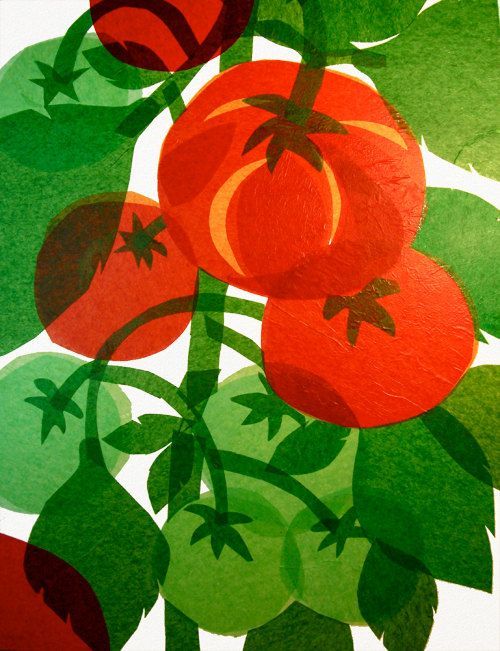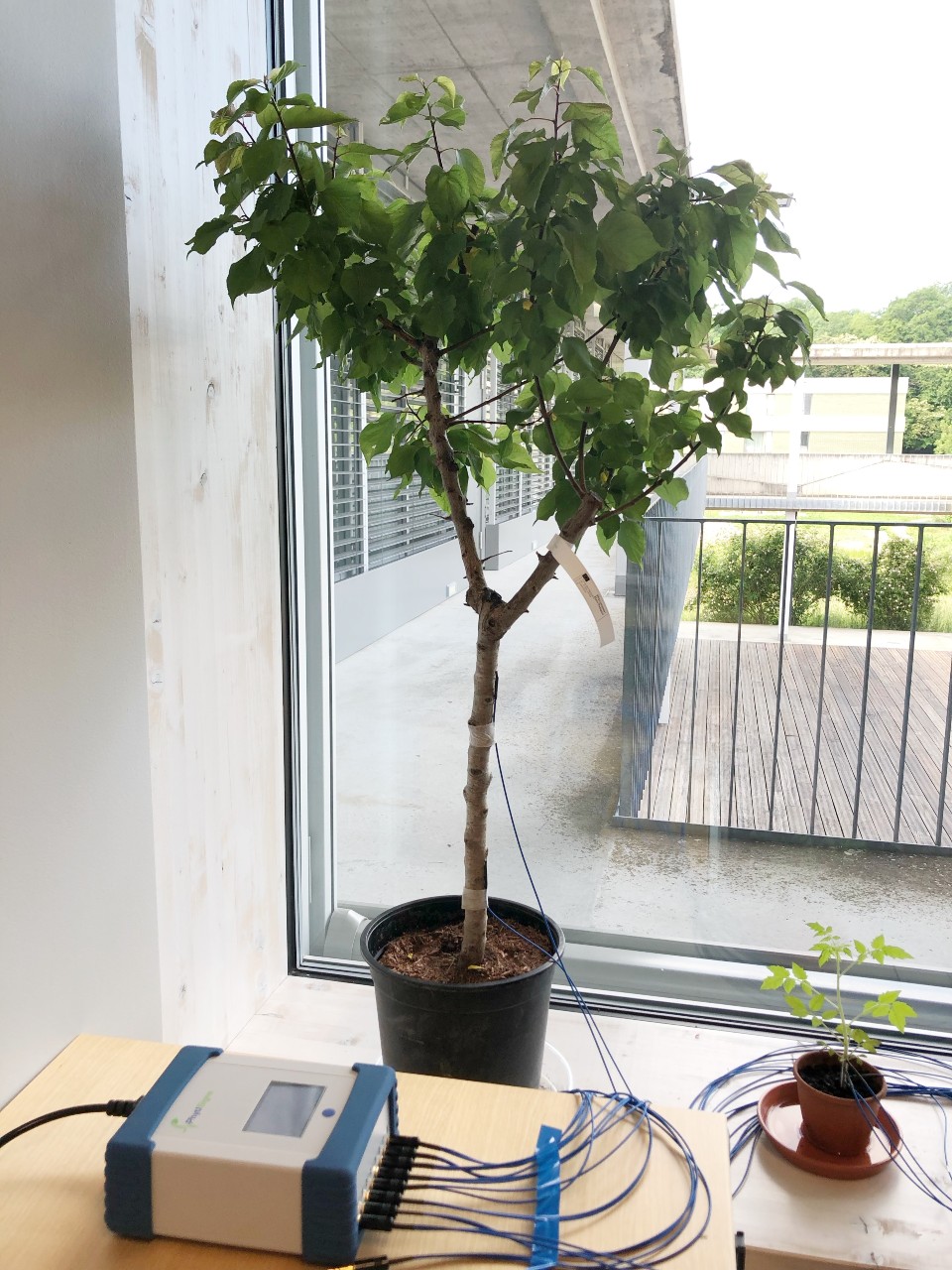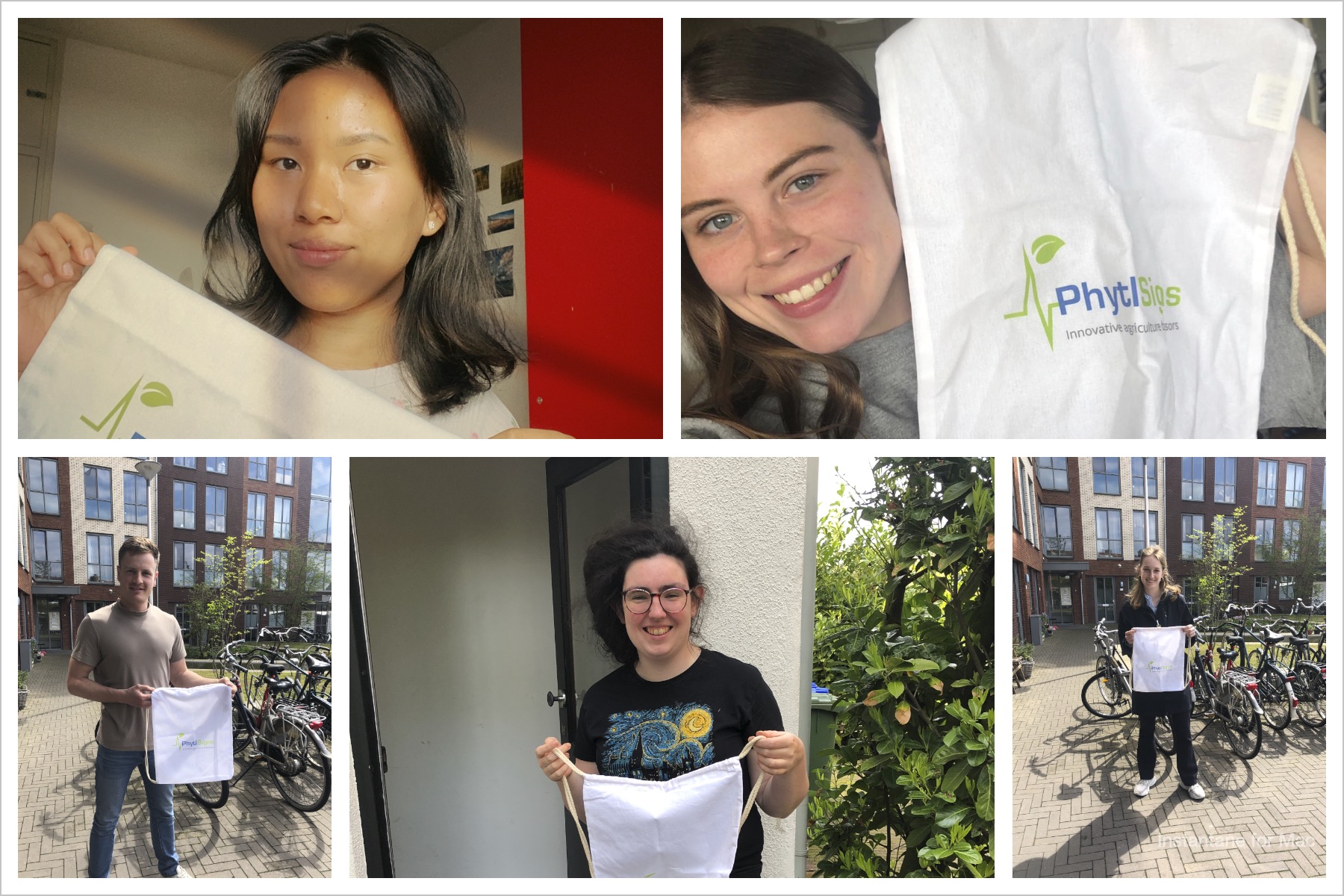
For university students around Europe this has not been an easy year. A year of online learning, no opportunity for practical work and the inability to meet and carry out team projects in real life have left students feeling quite concerned about how their studies connect with their future lives and job prospects.
At Vivent, we have a track record of supporting students. We give them opportunities to carry out projects or engage them in our larger projects. We are continuing this tradition and are delighted that in the last couple of weeks we have had 3 groups of students start new projects with us.
Tomato and Potato research
There are two student groups from Wageningen, the world famous agricultural university in The Netherlands. These are plant science masters students taking part in their Academic Consultancy Training. They have chosen to work with us on electrophysiology in tomatoes and potatoes. Both of these groups (six students in each group) are constrained by not being able to meet up in real life, they are conducting their collaboration entirely virtually!
We have asked the tomato group to undertake an economic analysis of the adoption of smart farm technologies as well as research the benefits of these technologies for advancing sustainable horticulture. We look forward to seeing what sort of data they can find for tomato growing in commercial greenhouses. They will be conducting a questionnaire survey of tomato growers in the Netherlands.
The potato group are going to be researching the economic impact of potato late blight in The Netherlands. They will carry out an extensive piece of desk research as well as conduct a questionnaire survey with potato growers. This type of socio-economic research is a new experience for these plant science students. They are more comfortable in a lab than speaking to stakeholders, but we are confident these skills will stand them in good stead in their future careers.
Outdoor mint research
Our third project is with 3rd year agronomy student Thomas Caloz from HEPIA (Haute Ecole du Paysage, d’Ingénierie et d’Architecture de Genève). We are also collaborating with Swiss social enterprise Légumes Perchés. Thomas is very fortunate in being able to carry out an actual experiment! He will be taking a PhytlSigns device up to the roof of a residential building in the outskirts of Lausanne and testing mint for drought stress. Légumes Perchés manage roof gardens in Suisse Romande to supply vegetables and aromatic plants for the residents of those buildings. We’re excited to partner with them as we really like their values and way of working.
We are very much looking forwards to the results of these projects, but also to the process, working with students keeps us on our toes, they ask tricky questions and keep us up to speed with new techniques in research and reporting.
If you are a research institution, researcher or student and have a project that you would like to collaborate on – please contact us.




